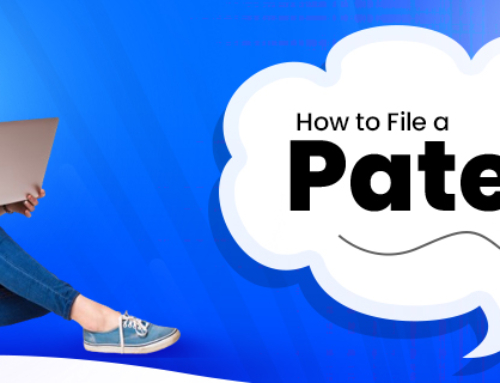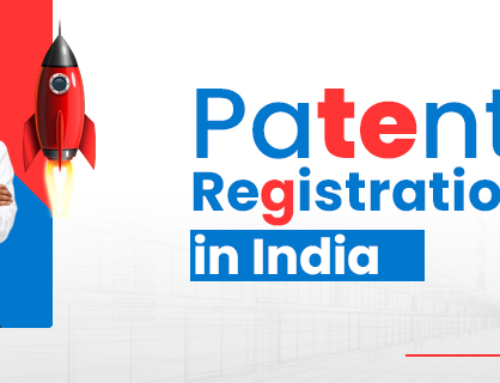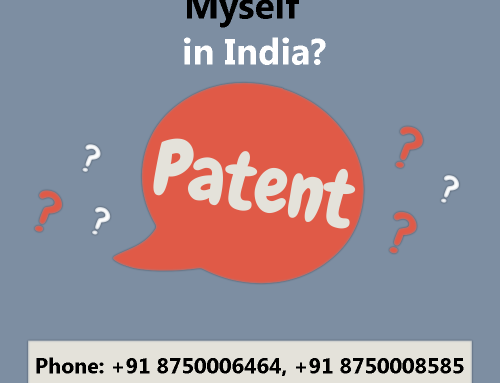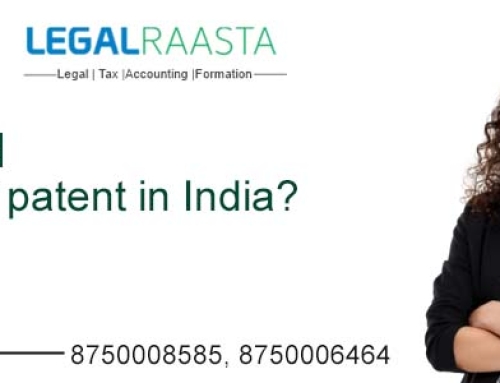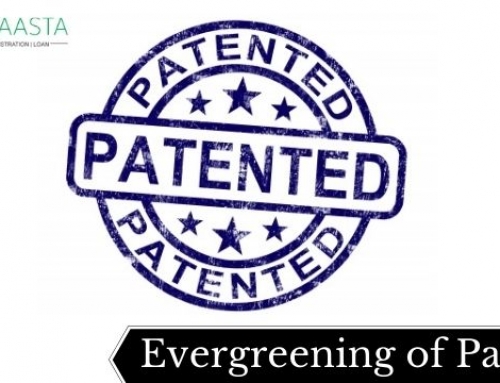An patent, which can be a product or a process that presents a novel technical solution to a problem, is given a patent, which is an exclusive right. A patent register’s primary purpose is to give the patent holder protection for their invention. Protection is often granted for 20 years. Therefore, this article describes how to Register a Patent in India and how a Legalraasta advisor may assist you with the rest of the registration process.
Areas for registering patents
Contents
Applications for patents must be submitted within the geographical limits of the applicant’s normal residence, domicile, place of business, or the location where the invention actually originated, in the event of joint applicants, or the first named applicant. Once chosen for any actions under the Act, the appropriate office cannot often be altered. The four offices for the patent registry are in Kolkata, Delhi, Mumbai, and Chennai. Each of these zonal patent office’s oversees the registration of patents for individuals and businesses located in all neighbouring and surrounding States and Union Territories in the area. The appropriate office shall be determined by the address for service in India provided by the applicant or party in a proceeding if they don’t have a business location or residence in India.
Benefits of registering a patent for your business
- Stops your invention from being stolen.
- The liberty to be exclusive.
- Simple to create a product and market.
- More market share as your concept develops into a brand.
- Greater monetary worth and profit margins.
Steps for applying to the Indian Patent Register
- Disclosure of your idea is the initial stage: You must tell a professional about your creation. A non-disclosure agreement is signed to do this. It is advised to provide all information currently available regarding your idea. Nothing should be withheld.
- Search for patentability: At this point, your specialist conducts in-depth research into all potential databases in quest of prior proof. Additionally, he or she creates a patentability search report using your idea as the basis.
- Choosing to submit a patent application: The procedure actually starts here. You can decide if you wish to proceed with the patent application filing after conducting thorough study on prior history of your innovation. To be eligible for a patent, your innovation must take a “inventive step” when compared to previously published works of prior art. It must be “technically sophisticated” or “economically significant,” or both, in comparison to other works of art. Patent drafting refers to the decision to move on with the filing procedure by preparing an application.
- Drafting a patent application: You might have to pay anything from 10K to 40K if you decide to get aid. One of the most important steps in the process, it calls for knowledge of both the law and technical matters. It is a good idea to get expert assistance in this situation since if the document is not written properly, all of your efforts will be for nothing.
- Payment for Patent Register: You have the option of applying for a patent on your own or with registered agents’ assistance. It is always advised to obtain a patent through a registered agent if you decide to have an agent because of the costs associated with the professional services.
- Submit Patent Application: When you have reviewed your patent draught and are happy with its scope and specifics, you are ready to submit a patent application to the patent office. You can submit your patent application in the required format using the required forms and payment. When filing a patent application to the patent office, fees that are specific to the type of application must be paid. The patent application will be published after 18 months if you don’t request early publication.
- Request for Examination: The applicant must ask the Indian Patent Office to review their patent application within 48 hours. The charge for this step varies depending on the type of applicant.
- Addressing objections: At this stage, the draught and report that were given to the officers of the patent office are carefully reviewed. At this stage, the inventor has the opportunity to distinguish his innovation or creative step from any other work of art that was discovered throughout the evaluation. If everything is properly understood and resolved, the patent application is almost ready to be implemented.
- Grant of patent register: If the application satisfies all necessary criteria, it is entered into the grant order register. Typically, a published journal notifies the applicant of the application’s final award.
- Renewal of your patent: Typically, a patent is valid for 20 years, after which time the owner must renew it by paying a nominal price.
Legalraasta Patent Register in India
For the purpose of patent registration in India, we offer a comprehensive range of services to people, businesses, and organisations. These services include expert guidance for the completion of the new invention, a patent search to determine the novelty and patentability of the invention, the preparation of a well-written patent application, submission of the application to the relevant patent office, pursuit of a perfect and speedier registration, and many other services for patent protection. But because an innovation is so delicate and needs specialised technical and legal understanding, the diligent and exacting assistance of a skilled patent attorney is a must for the best result.
Conclusion
Despite the lengthy and challenging nature of the entire patent application process, it’s crucial to remember this. With advancements in technology, the procedure is probably going to get simpler and easier. You can stop someone from claiming ownership of your invention by setting up a patent registry. If there is ever an infringement, you can ask for help from the legal authorities to avoid the problems that might end up being a roadblock to your progress. In order to prepare and submit patent applications in India, we help our clients. We assist in the filing of applications on behalf of our clients, whether they take the form of Convention applications, PCT patent applications, or full specifications contained in Non Provisional Patent Applications. We also provide copies of India patent Specifications for granted patents for a nominal fee. So Contact legalraasta for any technical patent registration help and remove your any worries related to copying your patent.


